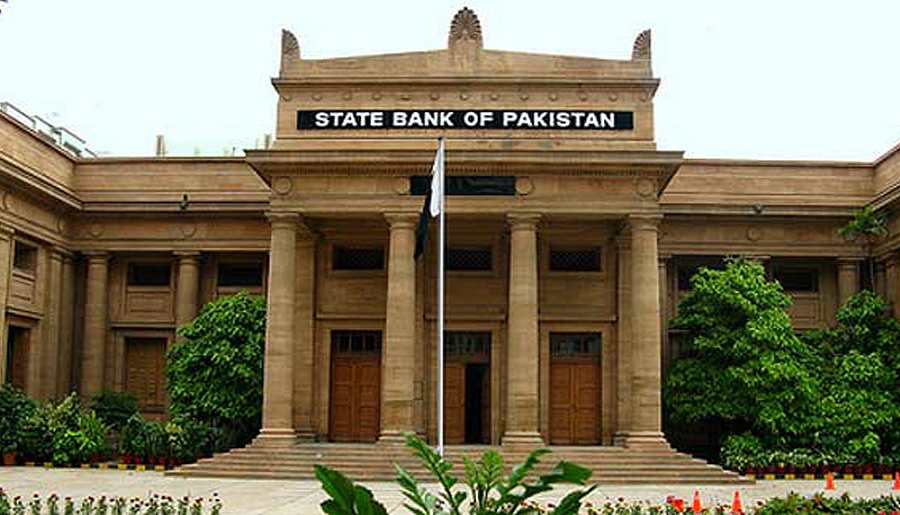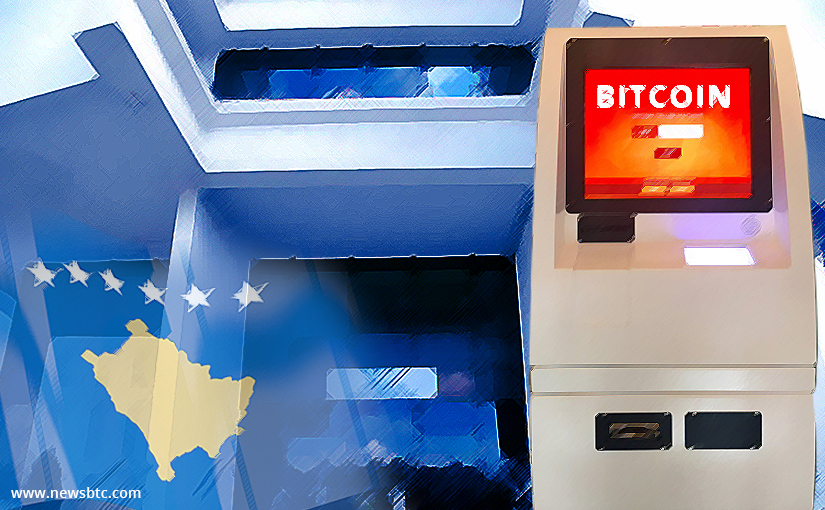By Rebecca Campbell on 25/07/2017
A Pakistani-based fintech firm is aiming to provide access to millions of unbanked people in Pakistan by giving them a financial identity.
Located in Pakistan’s capital, Islamabad, CreditFix was created in 2016 by founder Owais Zaidi after he came into contact with a man who required a 1,000 rupee loan, but couldn’t afford the daily interest on a traditional market loan.
According to the CreditFix website it’s estimated that around 95 percent of Pakistanis lack access to traditional finance as they can’t be profiled through conventional means. In a bid to tackle this problem, CreditFix is using digital data and predictive modeling to accurately figure out a potential borrower’s willingness to pay.
The website states:
This saves consumers from loan sharks and usurious practices of the informal credit market.
In August, the fintech startup is planning on launching a pilot program with 50,000 potential customers. By using work histories and utility payments lenders who utilize the platform will be able to view the credit scores from each customer.
Zaidi said:
The core goal of CreditFix is to facilitate the underserved and unserved segments of the population in getting access to fair credit, primarily for revenue generating assets.
Mobile Phone Use in Pakistan
According to a March report from The Express Tribune, there are 137 million mobile phone users in Pakistan. Data released by the Pakistan Telecommunication Authority showed a slight increase from 2016’s 133.2 million.
As a result of this large user base in mobile phone usage, CreditFix have created a mobile app that makes it easier for consumers to access finance and can be done in five simple steps. To enable fair and transparent credit there are four different categories that a user can chose from: livestock finance, smart-grid finance, farm-equipment finance and car finance.
With traditional finance being turned on its head through the advancement of fintech, it is hoped that this platform from CreditFix will provide many people in Pakistan with the access they require to loans that they would otherwise not have access to.









